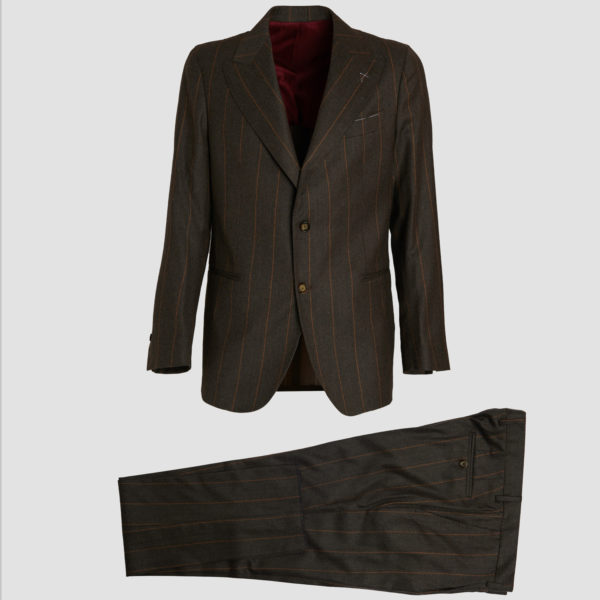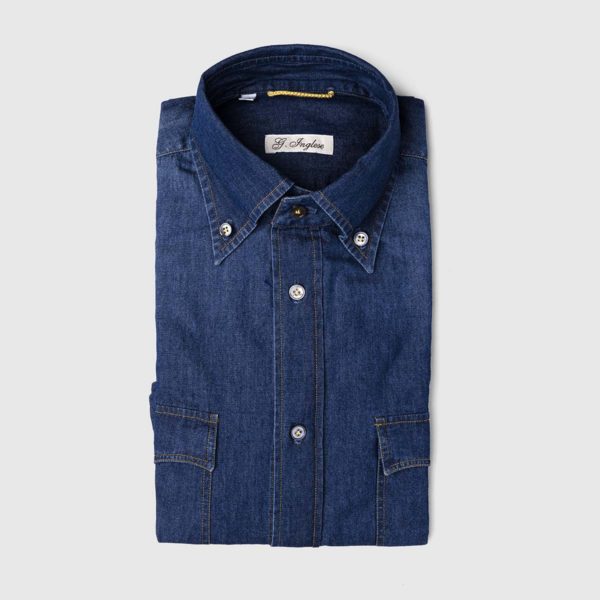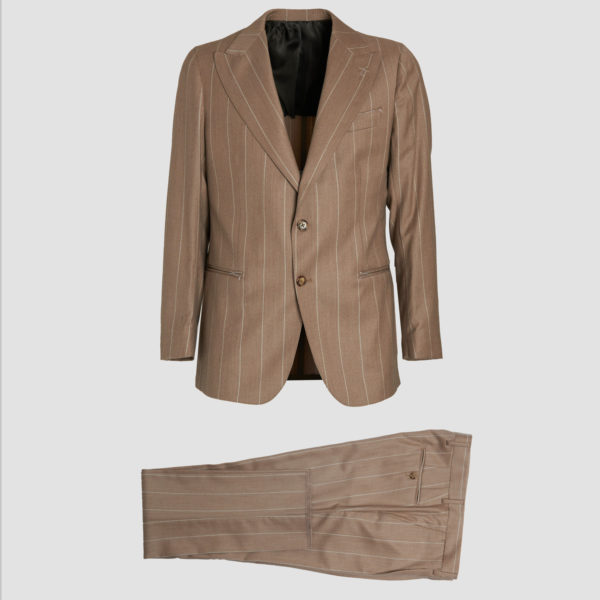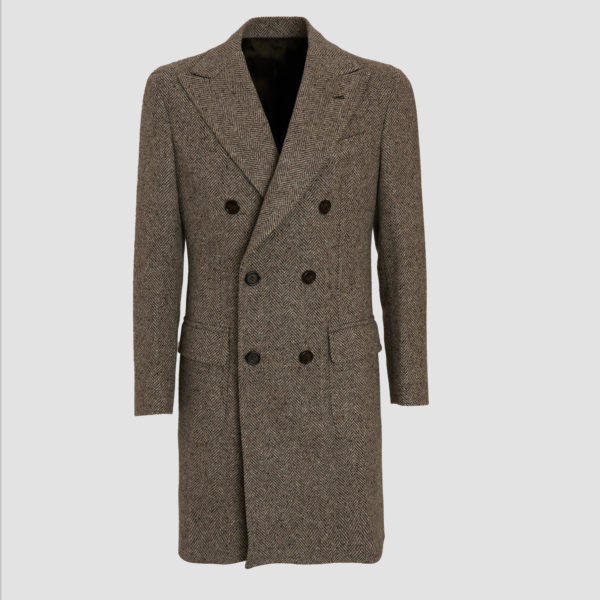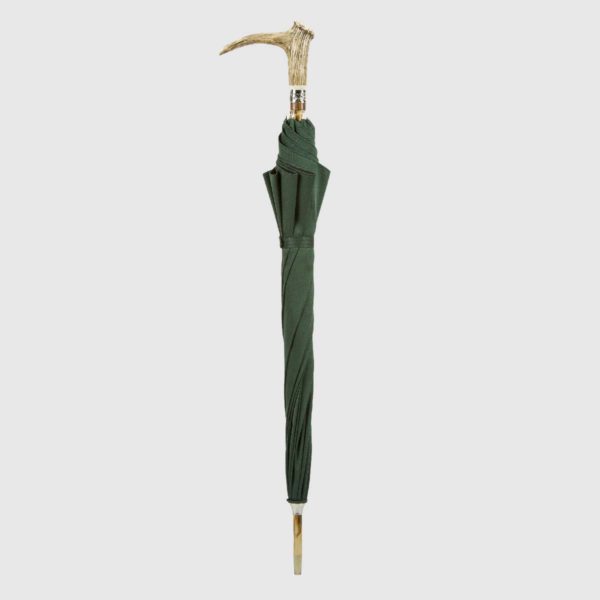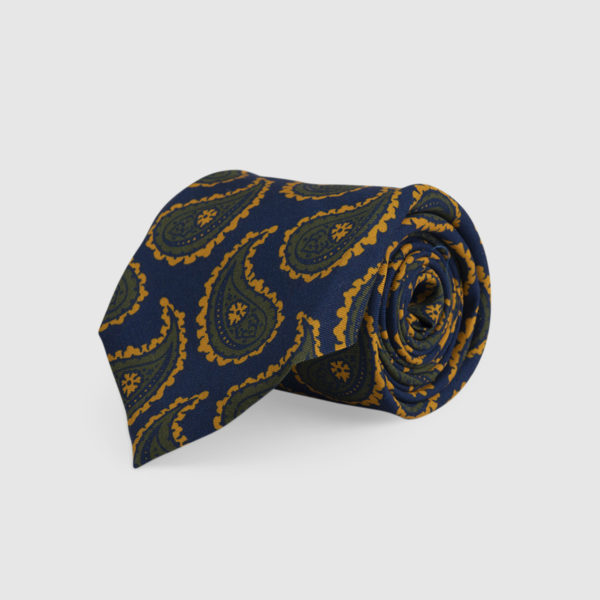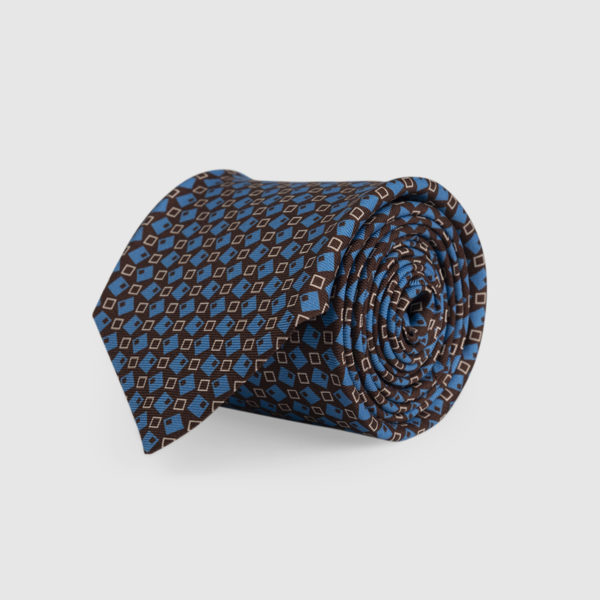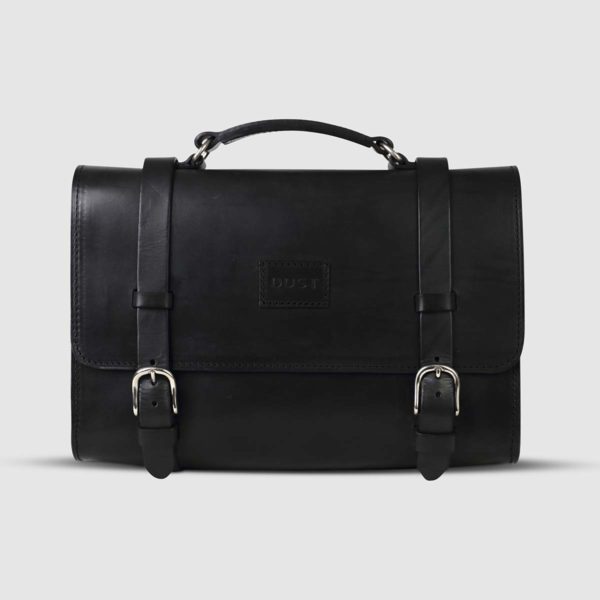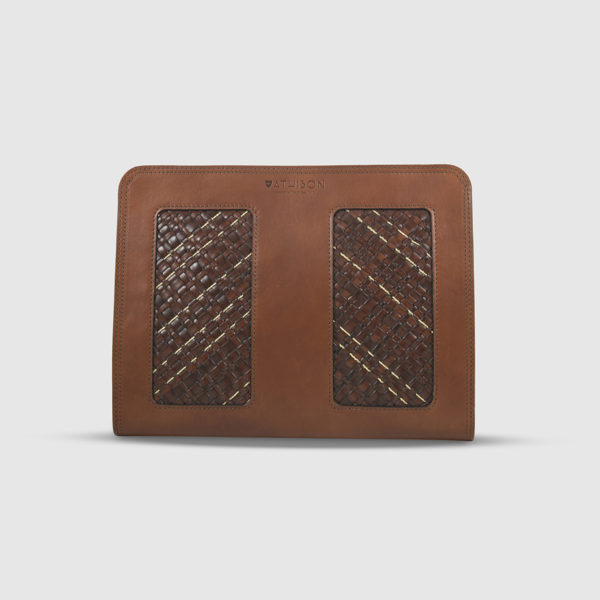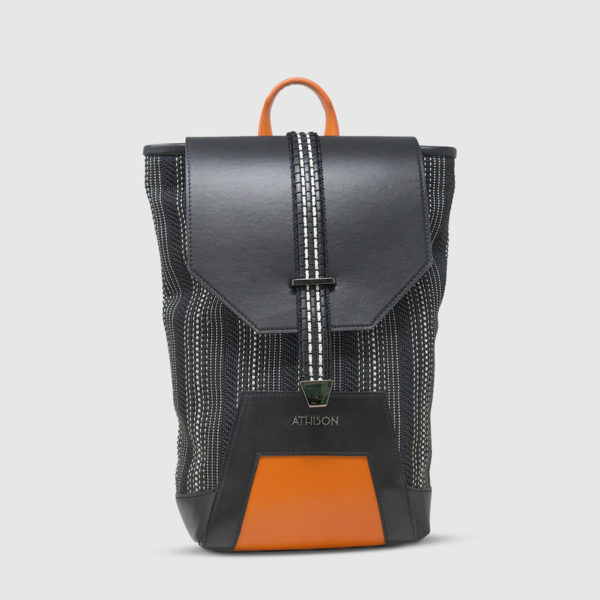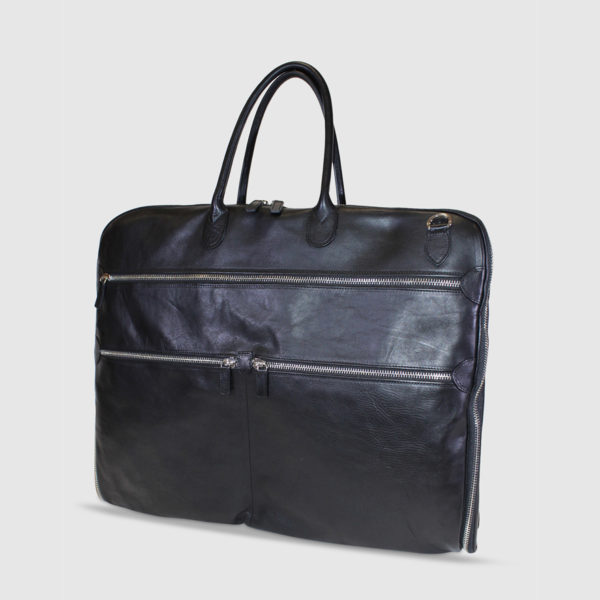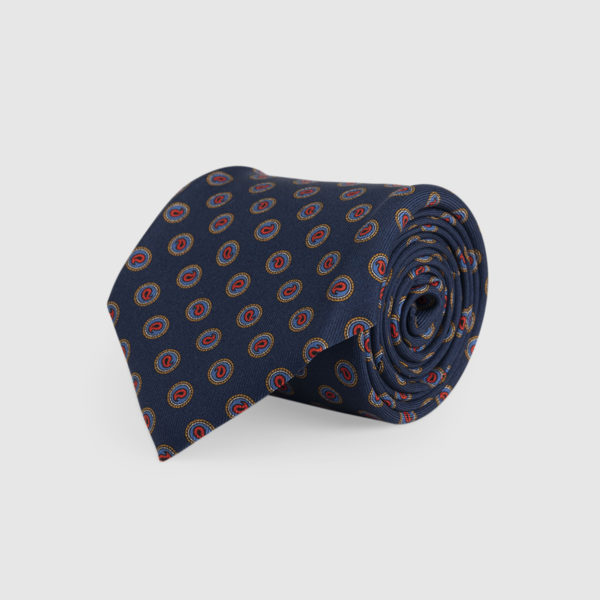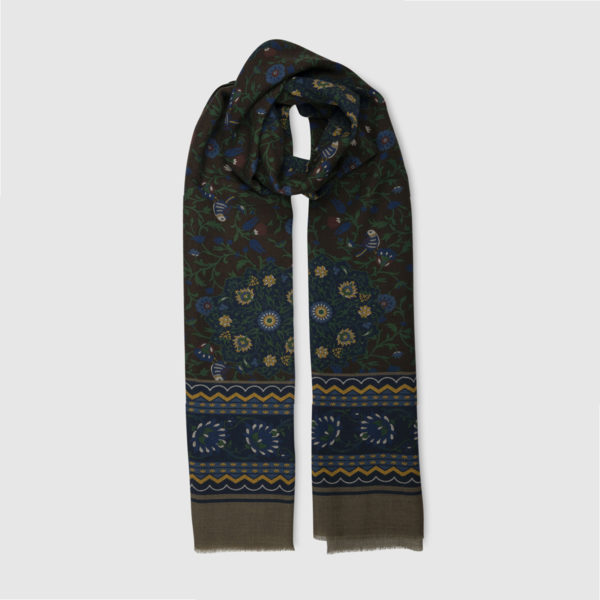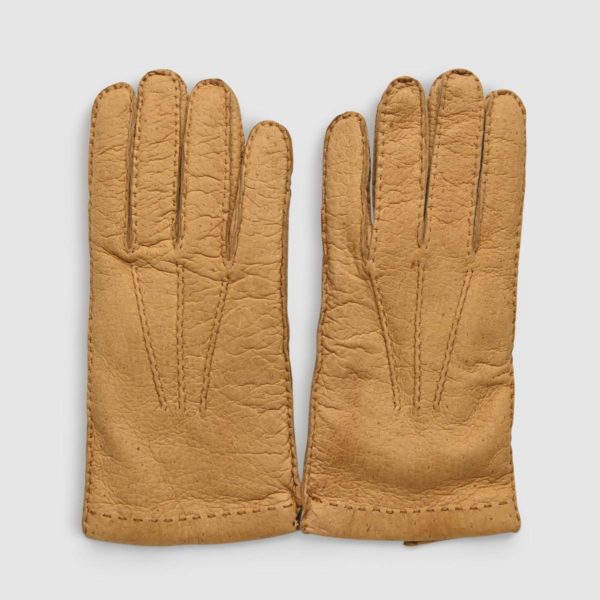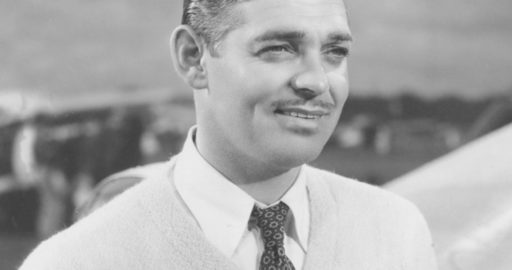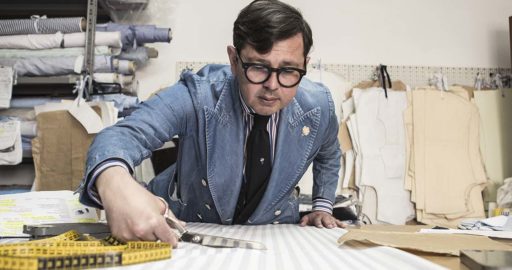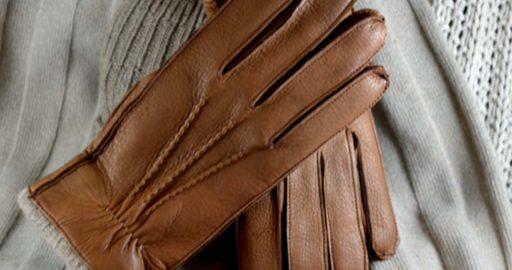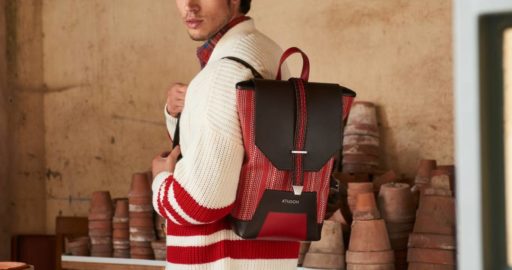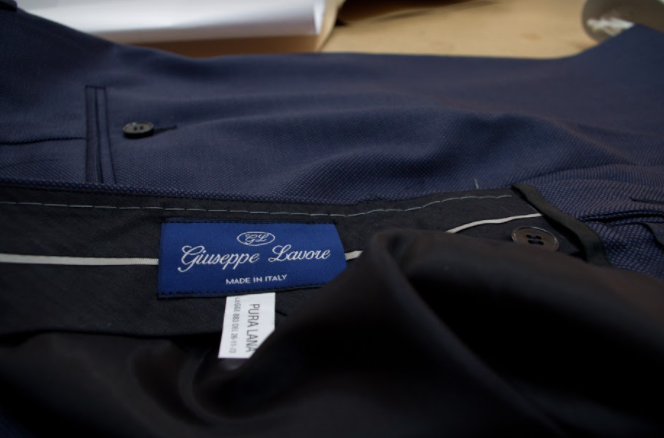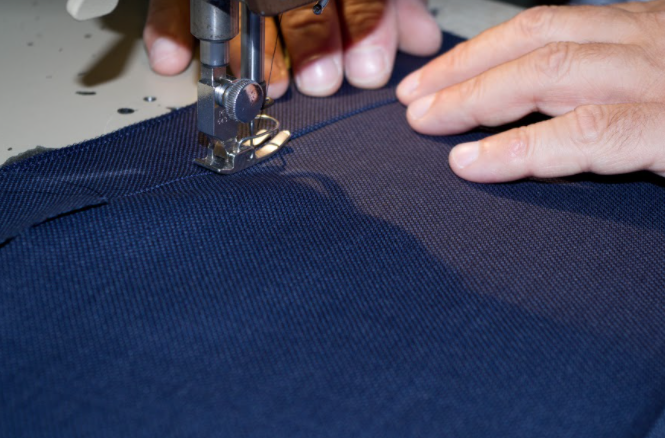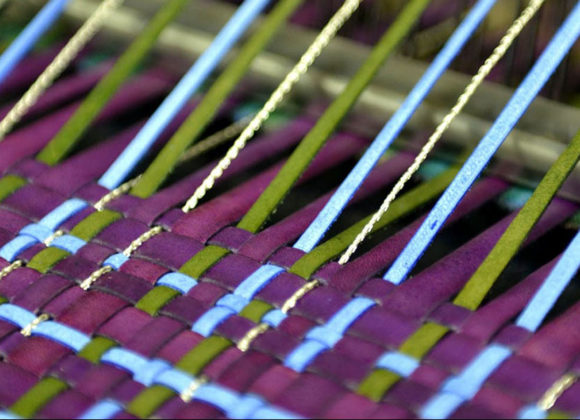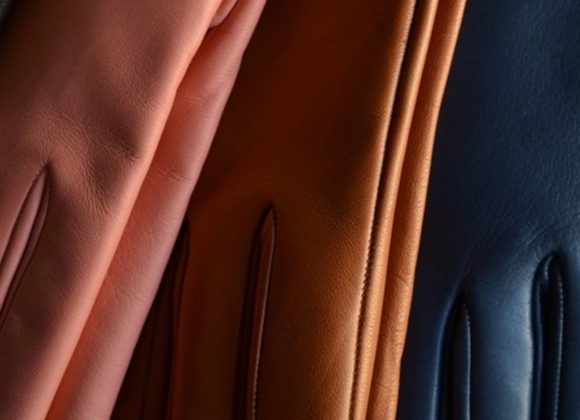Sicily is one of those places that remains in the heart for many reasons. A splendid Mediterranean island which, together with the other nearby peninsular regions, forms the South of Italy.
It is not just about proximity to other regions: Southern Italy is a melting pot of traditions and know-how that emerges through the arts and the taste of its products, a blend of elements that, in turn, represent Italy all over the world. Along the Madonie mountain range, in a splendid village called Petralia Soprana, Atelier Giuseppe Lavore preserves part of the knowledge and skills inherited from the surroundings. Haute Couture outfits are made every day in the workshop.
Inside Atelier Lavore, every outfit embodies the tradition of Palermo and the exquisite style of Italy. There are many features that distinguish a custom-made outfit from the mainstream offerings, but what you immediately notice is the perfect fit and timeless elegance.
Made in Sicily artisanship— from cooking to ceramics, from embroidery to fabrics—has a soul that shows itself to lovers of beauty. This very soul can be found at Atelier Lavore, a modern workshop that has entrusted the use of innovative tools to the skilled and skillful hands of artisans.
The result? Suits of yesteryear, as fine as they once were and still as much in demand and as stylish today, made for the refined man, with a bold style that does not seek to conform. Put simply, suits “with no expiry date”.
We learn more about the Atelier through the words of his son, Luca Lavore.
Sicilian tailoring tradition has a long history, written by many small family businesses that over the years have preserved and handed down their art; a high-quality handcraft bearing the Made in Italy hallmark. Are there any details that distinguish Made in Sicily from other Italian brands?
Where other tailoring traditions show off distinctive and redundant elements in designs that sometimes do not require them, Sicilian tailoring has always maintained a balance between technique and style. Made in Sicily speaks for itself, without necessarily having a particular feature that accentuates the character of the garment.
How much does the quality of the fabrics affect the creation of an haute couture piece?
The quality of the materials is as important in tailoring as it is in other sectors. Firstly, because during processing, a good fabric makes the most delicate stages much easier (think of ironing, which is almost the art of sculpting with steam). Secondly, and no less important, because a garment’s durability and appearance reflect its properties of quality and texture. We have always selected our fabrics from the best producers in Biella.
There are many stages in the manufacture of men’s trousers, which often only require the use of the hands. Considering that any production has become digitally feasible, do you think that preserving these methods still is a matter of tradition or innovation?
This is a valid question, which still sparks debate among professionals in the business. Being too conservative has never led to anything good. It makes things boring and alienates the present-day consumer. It is possible these days to achieve the right compromise between manual practices that give added value to a garment and working with the aid of mechanical tools, which must always be controlled by expert hands. It is no coincidence that over the years we have remained open to innovation and not a day goes by when we do not keep ourselves informed of new techniques. Nevertheless, we are one of the few tailors in Italy to use CAD software with our garments, which has a particular propensity for bespoke garments. In the classic methods of working, the key is to do things well, and a good craftsman is one who uses machines and technology to achieve the best results.
What type of man would look to wear your trousers? Are young people attracted to bespoke tailoring?
The men who wear our trousers (but also the other garments) are likely to be from a variety of backgrounds — for example, the tailoring enthusiast or the professional who has particular requirements relating to their work or the season. The people who should wear them are those who want to enhance their image and who are keen to be identified as modern consumers, those who prefer to buy very little but buy well.
Regarding the perception of Giuseppe Lavore garments abroad — what makes Italian workmanship so unique — What makes them foreigner seek it out?
When our foreign customers meet us for the first time, they are pleasantly surprised by the wide range of fabrics and the option to customize the garment to their specifications. In addition to this, they identify the right distinction between types of production processes best suited to their chosen fabric and their intended use of the jacket, pair of trousers or suit. Italian garments are unique because they possess a style of their own, based on years and years of tradition because even in the era of clothing overproduction, they are able to tell their story and make the wearer feel confident.
Does fashion influence men’s haute couture? If so, what are the next trends for the winter season within the wider world of trousers?
Generally, this isn’t the case. Men’s tailoring is largely dominated by clients who have their own well-defined style. They may be influenced by a particular color that is actively promoted by the media, and therefore adapt their preferences to reflect the latest trends.
 0
0



